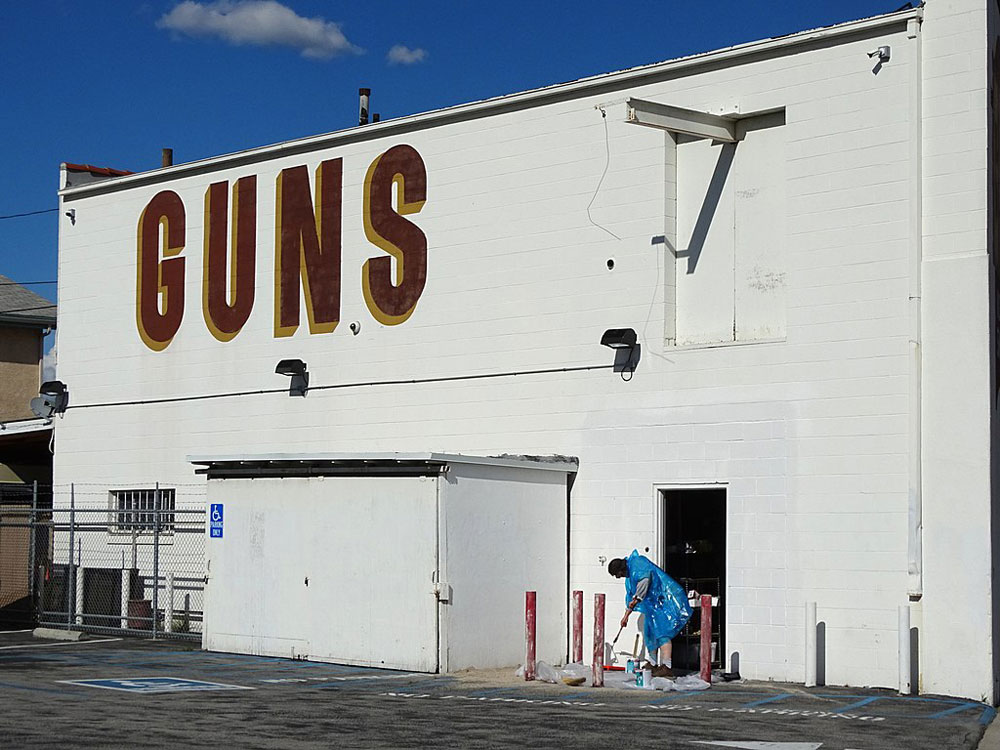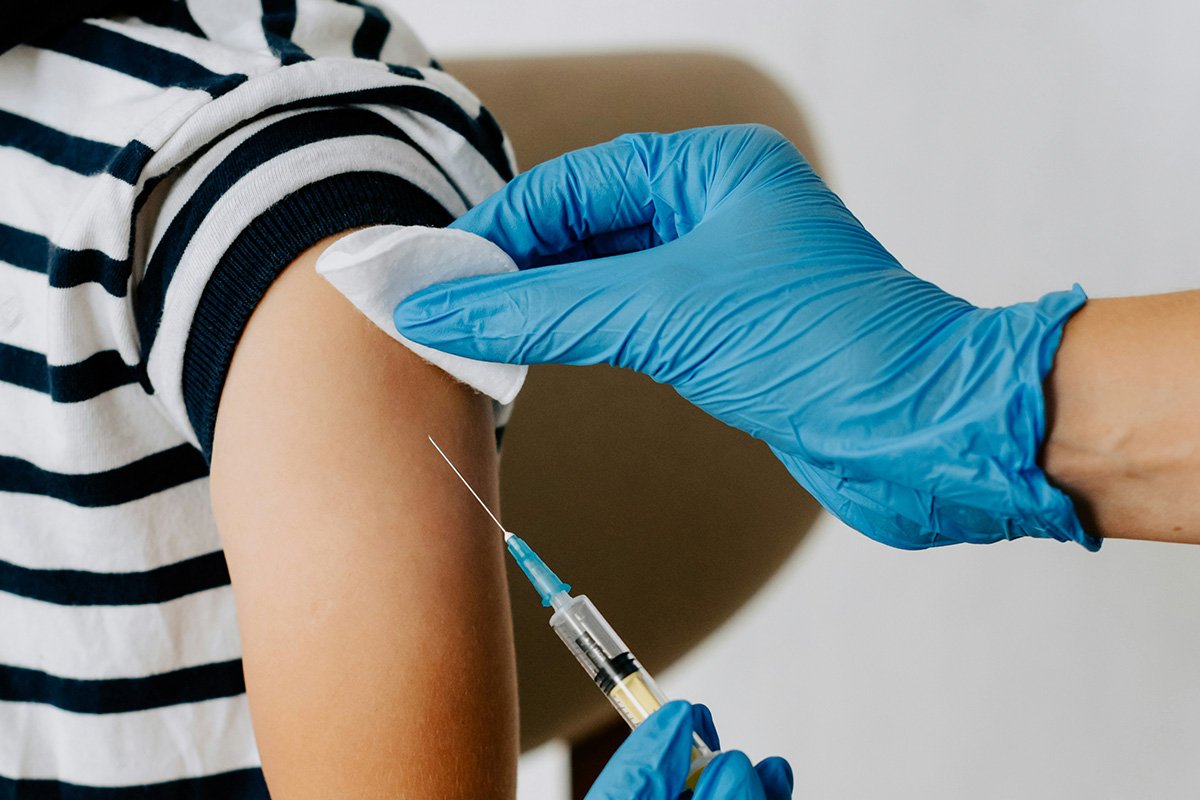
April 2, 2020; New York Times
Who would have thought that the coronavirus would transcend its threat to the health of people in this nation to become a danger to the 2nd Amendment rights of its citizens? Just ask the National Rifle Association (NRA). The economy may be in free fall, but one sector of the economy is thriving: gun sales. In March 2020, an estimated 1.9 million guns were purchased, the highest level since January 2013, when many bought out of fear that gun control measures might be in the offing after the Sandy Hook shooting.
The NRA has been able to successfully make the case to the Trump administration that gun shops are essential businesses and should be kept open during the pandemic. When some states disagreed—New York and California, for example—the NRA sued to allow citizens to buy firearms as they would buy groceries.
The lines of buyers outside of gun shops, which often have failed to follow federal Centers for Disease Control and Prevention (CDC) distancing guidelines, point to the surge in gun sales since the coronavirus pandemic hit the US.
Sign up for our free newsletters
Subscribe to NPQ's newsletters to have our top stories delivered directly to your inbox.
By signing up, you agree to our privacy policy and terms of use, and to receive messages from NPQ and our partners.
The NRA has found itself in the last year in the unfamiliar position of struggling for funding and for positioning in the world of influence in conservative politics. In 2016, it was the darling of the Trump campaign, spending $30 million to help elect him. But recent years have found the organization mired in litigation, internal squabbles that have brought unwanted publicity, and outside investigations. It is not likely to spend anywhere close to that amount in the 2020 campaign, and its influence may be waning. To the NRA’s dismay, the White House has begun consulting with other gun rights organizations.
Before we hold a pity party for the NRA, perhaps we should look at the reasons why they are so concerned about keeping guns shops open as essential businesses. They may see this as an opportunity. The deep-seated fears that caused grocery store shelves to quickly empty of toilet paper, hand sanitizer, and baked beans are being used by the NRA to feed its constituents around possible worst-case scenarios. The organization has focused on the ramifications of the sweeping response in many states by sending out messages to its supporters with headlines like, “COVID-19: Threat to Second Amendment” and “Pandemic Exposes Dangers of So-Called ‘Universal’ Background Checks.” They have pointed to the release of inmates from prison as a need for people to protect themselves and their families. The NRA is using this health crisis to raise the issue of people needing to arm themselves to protect their storehouse of food as well as to keep the “bad guys” that are now going to roam the streets out of their homes.
Of course, this is making others angry. “They’re mired in crisis, strapped for cash, and so revert to the old playbook—fearmongering about the collapse of society—in order to raise money,” says John Feinblatt, the president of Everytown for Gun Safety, adding that the NRA was trying to convince people that “apocalypse is on its way.”
For an organization that is weighed down by multiple lawsuits and is, itself suing states in return, the NRA has a lot on its plate. In addition to its suits against California and New York for the right to sell guns during the pandemic, the NRA is being sued by New York state for selling insurance without a license and has been under investigation by the office of New York state attorney general Letitia James, who is examining allegations of corruption and self-dealing. In turn, the NRA, which is chartered in New York, has sued the state, saying that Governor Andrew Cuomo has pressured banks and insurers to stop doing business with the NRA. Perhaps, for the NRA, having the coronavirus as a distraction is not seen as such a bad thing.—Carole Levine











